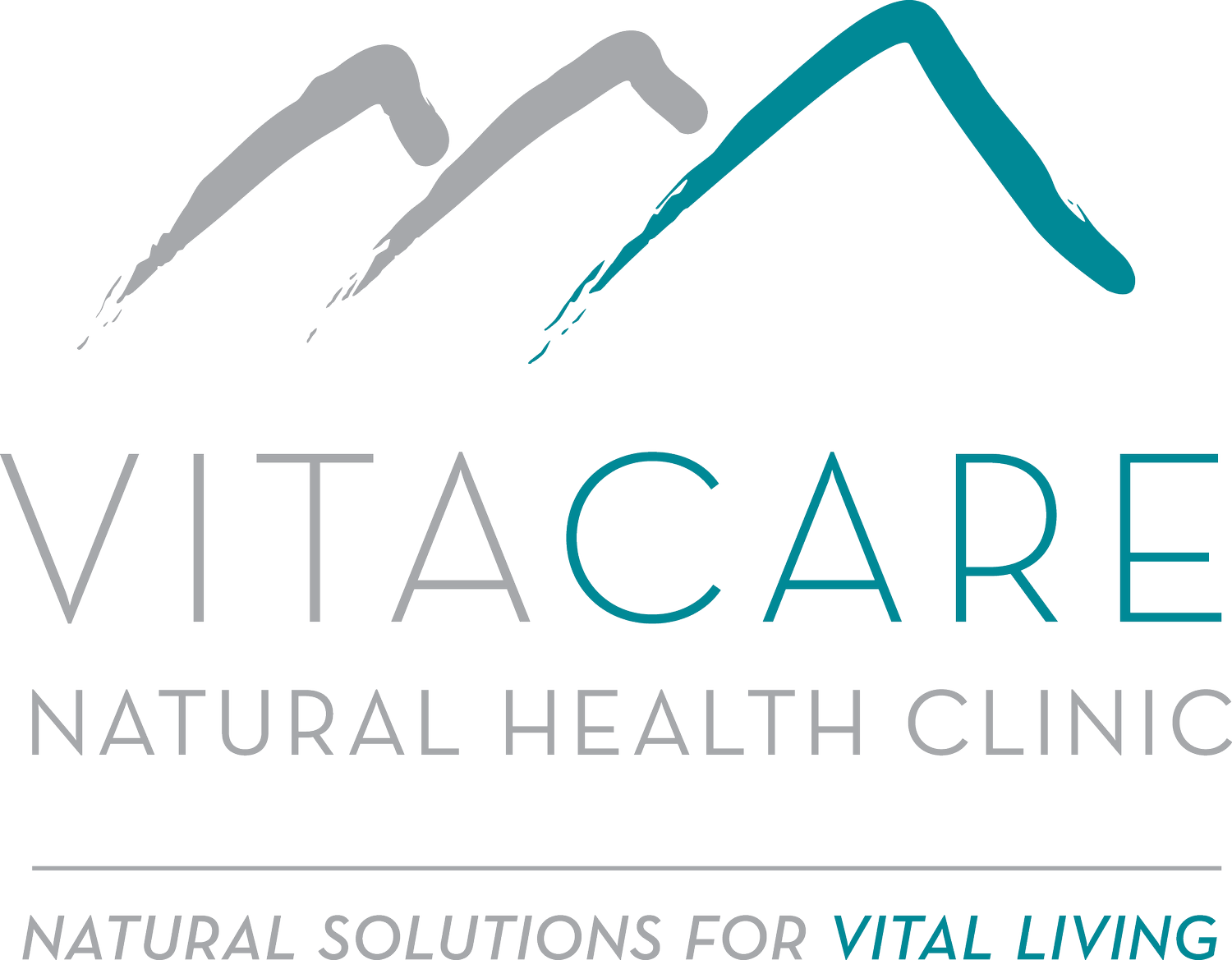Artificial Sweeteners Beware
In our efforts to cut calories, reduce refined sugar and lose weight, society has in large part turned to artificial sweeteners to fulfill the ever-present sweet tooth. But is that such a good idea?
Detrimental effects from these artificial, chemical products are emerging, and the thought is we’re only scratching the surface
We’ve gone through so many trends – a persistent one remains reducing the sugar intake in our diets. Well placed plan – but to compensate for societies overactive sweet tooth, as well as to counteract the loss in income of companies, calorie/carbohydrate free artificial sweeteners have taken the market by storm. Some of the foods that typically contain them include:
- Diet pop, Diet juice
- Diet/“No calorie” sauces & dressings
- Gum (most types!), “Sugar free” and “No calorie” candies & chocolates
- Coffee sweetener
- Protein Powders, Protein bars
- Cereals, Cookies
- Coffee creamer & sweetener
And… the list goes on. Hey – no calories means it’s safe right?
WRONG
First off: what are the main sweeteners that have been implicated? They are:
- Aspartame
- Acesulfame potassium
- Sucralose (brand names “Equal”, “Splenda”, “NutraSweet”)
- Saccharin
- Neotame
There are likely others, and other names for these, but these are the main ones.
The dangers of certain artificial sweeteners was initially revealed several years ago, and evidence is mounting on the negative health impacts that regular and over-consumption can cause. Investigations are ongoing, but as these products have only been in regular use for a few decades, long term studies are still required. Reports have associated these products with: headaches, blurred vision, cramping, fainting, weight gain (yes really!). Ther are currently investigations into associations with brain tumors, ADHD, fibromyalgia, diabetes (artificial sweeteners can still spike blood sugars and wreak havoc on your pancreas and liver) and several inflammatory and autoimmune conditions. Multiple countries have or are in the process of banning the ingredients or require labeling so that consumers can more easily identify what products contain them so that they can make informed decisions.
There is no denying that reducing refined sugar intake is important, especially in our overfed, overstimulated society, but if you are looking to satisfy a sweet tooth, better to choose healthier alternatives. Alternatives from nature are not formulated in a lab, and are significantly safer. You can buy the ingredients themselves and even find your favourite products made with them (ie: pop, candies and gumThese include:
- Stevia (herb grown in your garden)
- Honey (the bees know best! Full of minerals and nutrients too)
- Maple syrup (sap from Canadian trees)
- Xylitol (extracted from Birch trees – safe for people but not pets!)
- Coconut sugar (extracted from coconut palm flower nectar)
- Fruit and pure fruit sugars
Bottom line – stick with real food. Nature has been making these for thousands of years, and long term studies have proven them safe – in moderation of course!


